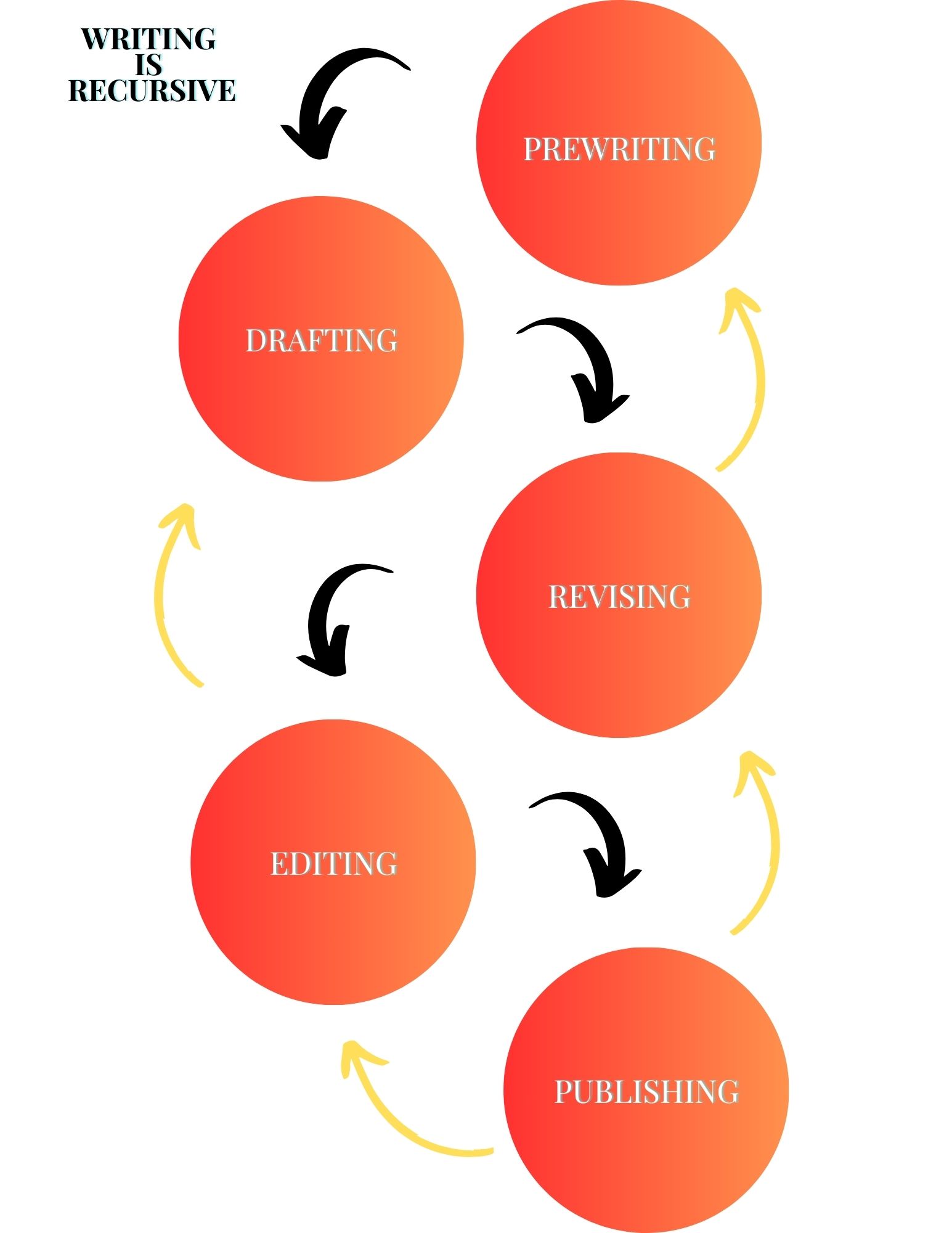All good fiction is true. Some is just truer.
From Solar Bones’ ominous beginnings with the ringing of the Angelus bell on All Souls Day, author Mike McCormack gives your hand a squeeze to let you know he’ll be up in the attic, rummaging around in boxes of dusty porcelain, leafing through embarrassing family photo albums, peeking out the dormer to make sure no one’s coming up the drive while he breathlessly reads through your secret stash of love letters.
Solar Bones is about the lot of things that make a life worthy … and dreadful. It’s about a man named Marcus Conway, and it’s about you and me.
It’s also about the painful need for, and shameful revulsion of, family; of parents letting down kids, children disappointing their folks, and being caught in the State Capital of Ennui between fading mothers and fathers and coping with abandonment by the children you just couldn’t wait to get rid of. It’s about a husband spending the latter of life atoning for the first half.
McCormack explores the pain of knowing your parents can’t be remade to suit your bruised imagination, and your children cannot be fixed—leastwise, not by you, and not in a hundred tries.
Over and over, McCormack shows Solar Bones’ for what it is—a prose poetry memoir for us all, especially when his character Conway ruminates on his, “childhood ability to get ahead of myself and reason to apocalyptic ends has remained intact over four decades and needs only the smallest prompt for it to renew itself once more and for me to get swept away in such yawing deliriums of collapse that I might lose my footing on the ground entirely and spin off into some dark orbit which takes me further and further away from home.”
In a book filled with literary ponderings and thought-provoking lines, I found particular delight and familiarity in Conway’s musings on his father and daughter.
Recalling with pride his dad’s uncanny ability to navigate fishing grounds by shoreline landmarks alone was particularly stirring, evoking memories of my own father’s adeptness at a number of avocations.
And when, in recounting the daughter’s art exhibit, Marcus Conway is overcome by feelings of revulsion, confusion, and guilt at her subject matter, he worries the whole event might be just an elaborate criticism of him and his wife.
His invocation amidst those ghastly paintings says it all:
Jesus Christ
let it be some vision ahead of her
and not torment behind
responsible for this
Again, I found myself thinking of my own kids. Regret about the mistakes I made in their childhood, as well as the wounds suffered in the natural separation process as they headed off on their own journeys.
Speaking with his optimistic son over how their favorite sports team might fare in the upcoming season, Marcus Conway reveals the threadbare resolve which cloaks the multitudes of middle age when he says, “your faith hasn’t taken as many blows as mine down the years.”
Solar Bones’ happiest moments revolve around Marcus Conway’s wife, who casually inserts heartful truisms, like the one regarding a well-loved kitchen knife gifted them on their wedding day, when she says, “I love that we’re living the kind of life where things are wearing down around us.”
I also loved Marcus Conway’s description of childhood anxiety over watching his father dismantle a mighty piece of machinery—a habit of dear old dad’s which seemed to border on the pathological—just to see how it ran.
Taking such trifling fears to levels apocalyptic, McCormack’s protagonist shares the existential fear of seeing such a complex apparatus, so integral to human life, broken into its constituent parts, as well as the inherent dread and implications of such a dismantling occurring in even greater systems.
Solar Bones denouement left me with a few questions—not because of untended strands or deficiencies in story, but due to the philosophical questions that arose in its wake.
All of which I can’t go into without spoiling the book.
At 217 pages, Solar Bones is a quick read, and a book which has found permanent residency on my shelves as I will be revisiting it in the future.
Ultimately, if you’re into literary familial drama set in rural Ireland, you’ll probably enjoy this novel.
A couple notes
I hesitate even to mention this, but a number of people have complained about the formatting of the story. True, the book has no chapters, nor punctuation—outside the occasional em dash—but anyone who’s read American novelist Cormac McCarthy won’t be shocked by a lack of quotations marks.
And, as far as the story being one long sentence, you’ll get used to that quickly enough as, in most cases, the end of a line is the end of a sentence.
Mike McCormack’s writing style only took a few pages to get comfortable with. And, if you stick around til the end of the book, the unorthodox yet seamless delivery—some might call it breathless—makes more sense.
One more thing—some reviewers, and even the book’s own jacket writer, did a terrible job of keeping the book’s big secret. So, for maximum impact and enjoyment, I would try to avoid reading too many descriptions of the book … even those on the outside of the book itself.







